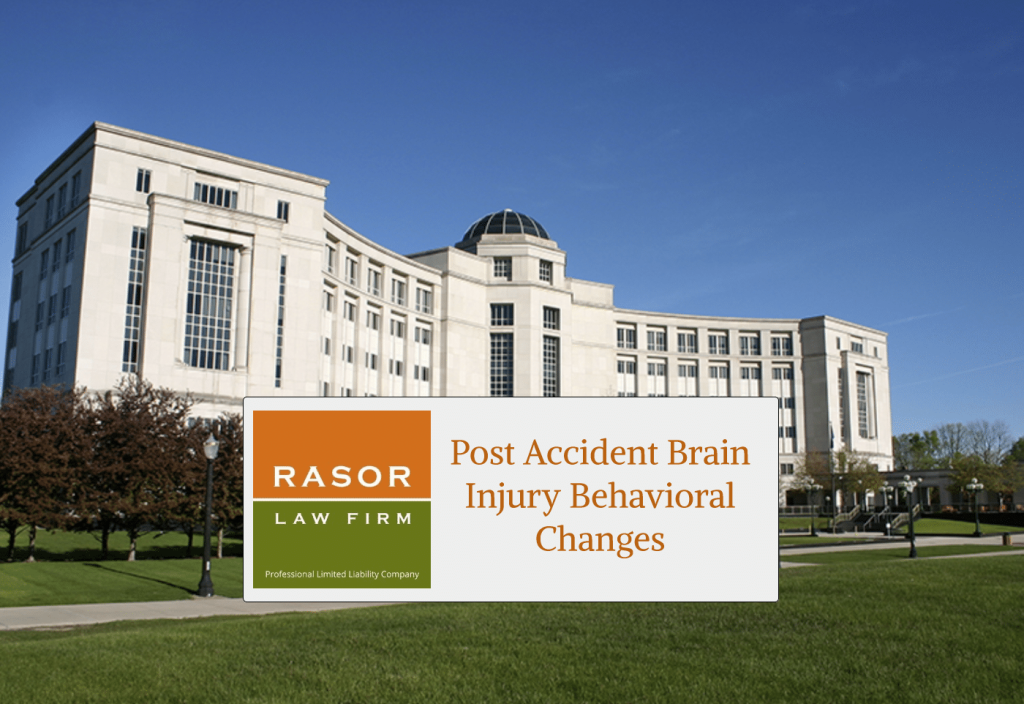A traumatic brain injury (TBI) can have consequences that go far beyond physical symptoms. For individuals and their families, perhaps the most unexpected and difficult challenge to cope with is Brain Injury Behavior — the profound changes in personality, mood, and cognitive processes that often follow an accident. While not always immediately visible, these behavior shifts can damage relationships, interfere with recovery, and complicate the path forward. Loved ones may feel like they no longer recognize the person they care for, while survivors struggle to navigate changes they might not understand themselves. In the state of Michigan, these post-accident transformations can play a pivotal role not only in medical recovery but also in legal considerations around compensation and ongoing care. This article explores what Brain Injury Behavior really means, why it matters, and how those affected can seek both emotional and legal support.
What does Brain Injury Behavior really look like
Brain Injury Behavior refers to changes in a person’s actions, personality, emotions, or cognitive function following a traumatic brain injury. These shifts are the result of physical damage to regions of the brain that regulate important functions like communication, judgment, empathy, and emotion. As a result, someone who once had a calm demeanor may become irritable or impulsive, while another person may struggle with focus, memory, or organizing daily tasks.
For example, a father involved in a serious car accident may now have sudden mood swings or trouble making simple decisions, creating stress within the family. A college student who once thrived academically might start failing classes due to diminished concentration. These outcomes aren’t signs of weakness or character flaws — they are direct results of injury to brain structures. Recognizing them as medical consequences rather than behavioral flaws is essential to offering the right support and seeking proper care or legal assistance.
Why recognizing Brain Injury Behavior is so important
The impact of Brain Injury Behavior isn’t limited to the individuals who suffer them. These changes ripple across families, workplaces, and communities. They affect long-term care needs, influence personal relationships, and may determine a person’s ability to return to work. Misinterpreting these shifts as intentional or controllable behavior can lead to isolation, misdiagnosis, or a lack of adequate rehabilitation.
In legal terms, behavioral changes may influence the scope of compensation deserved. For instance, if someone can no longer manage their finances due to cognitive issues, they may need additional financial guardianship or support. Below are a few real-world scenarios that illustrate what this can look like:
- Scenario 1: A working parent sustains a brain injury and begins forgetting appointments, failing to maintain consistent employment. Consequence: They lose their job and struggle to support their children financially.
- Scenario 2: A college athlete suffers a concussion and becomes withdrawn, irritable, and anxious. Consequence: They lose their scholarship and fall behind academically, impacting their future goals.
- Scenario 3: An elderly driver experiences a fall leading to brain trauma and becomes easily confused. Consequence: They risk wandering off or harming themselves, requiring expensive long-term supervision and care.
How the legal process for Brain Injury Behavior works in Michigan
- Step 1: After a brain injury, seek immediate medical evaluation. It’s critical to create a documented link between the accident and the injury.
- Step 2: Once behavior changes become evident, consult with neurologists, neuropsychologists, or rehabilitation specialists. Their reports are often used in legal claims.
- Step 3: Work with an experienced personal injury attorney in Michigan who understands the medical and legal aspects of Brain Injury Behavior. They can guide you in securing compensation for therapy, assistance, and lost wages.
Useful strategies for handling Brain Injury Behavior
Questions we often hear about Brain Injury Behavior in Michigan
How Rasor Law Firm helps you move forward after a brain injury
The team at Rasor Law Firm understands that a brain injury is never just physical. Our experienced Michigan attorneys consider every angle of your situation, including cognitive and behavioral impacts, to ensure the fullest possible compensation. We collaborate closely with medical professionals to present compelling evidence, whether for insurance companies or in court. With a deep commitment to client care and over 25 years of experience in personal injury law, we tailor every case strategy to your needs.
You are not alone in this challenge. Rasor Law Firm is here to support you through the legal process while you focus on your loved one’s recovery. Our firm offers honest communication, compassionate guidance, and tenacious representation. When behavior changes disrupt your life or livelihood, let us help restore peace and clarity.


